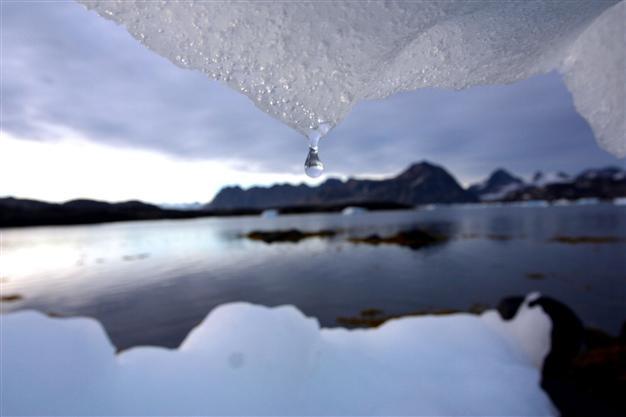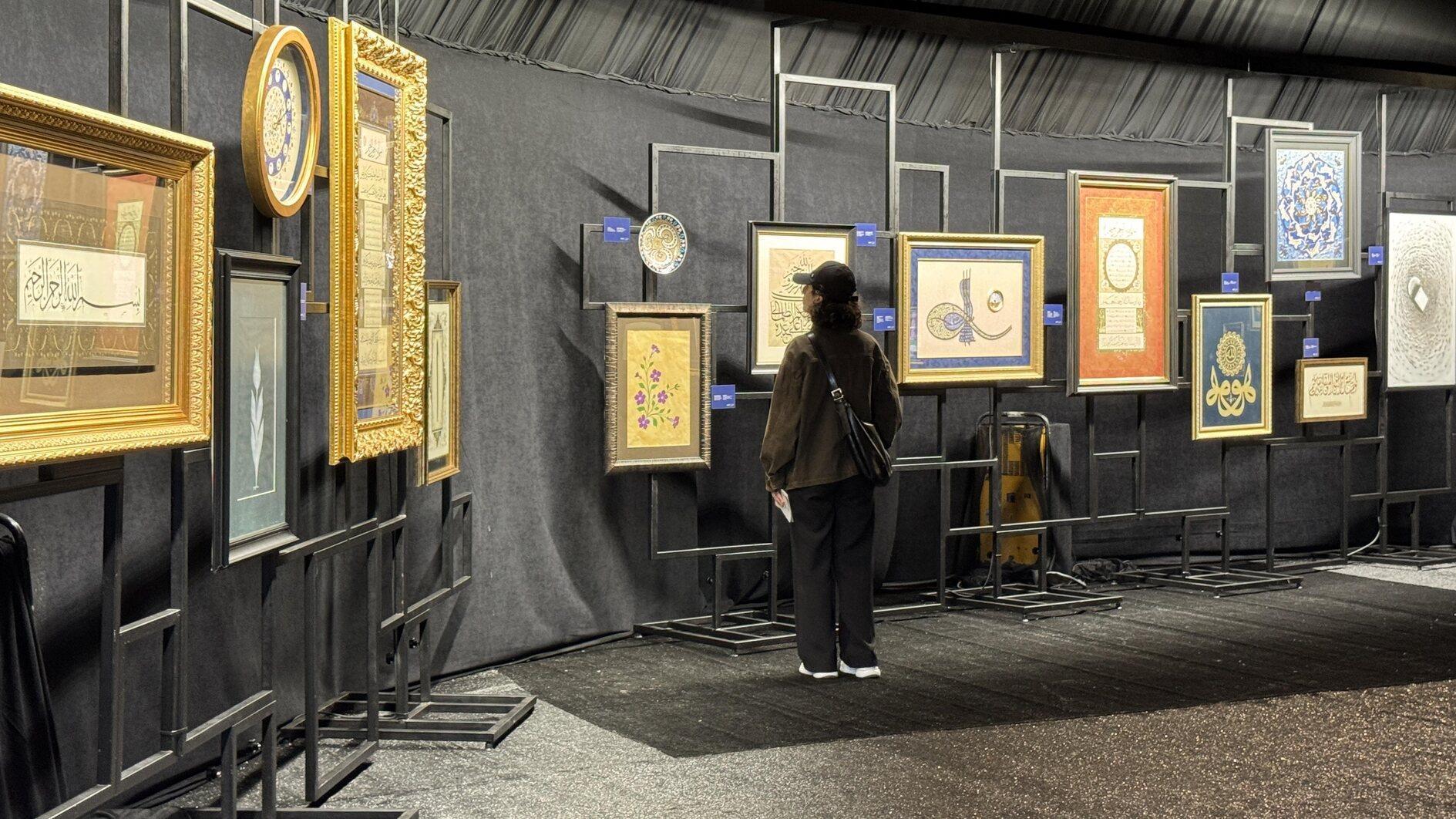UN panel warns of rising temperatures, blames mankind
STOCKHOLM - Agence France-Presse

In this Tuesday Aug, 16, 2005 file photo an iceberg melts in Kulusuk, Greenland near the arctic circle. AP Photo
A UN panel said Friday it was more certain than ever that humans were the cause of global warming and predicted temperatures would rise another 0.3 to 4.8 degrees Celsius (0.5-8.6 degrees Fahrenheit) this century.The Intergovernmental Panel on Climate Change (IPCC) also projected sea levels would rise between 26 and 82 centimetres (10.4 and 32.8 inches) by 2100, and warned of a higher risk for heatwaves, floods and droughts.
Environmental activists and scientists said the first volume of the panel's long-awaited review, released in Stockholm, made it clearer than ever that Man's fossil-fuel burning must be urgently curbed to limit future damage to the climate system.
In a report summary, the Nobel-winning group said it was "extremely likely" -- a term meaning it was 95-percent convinced -- that humans caused more than half the warming observed over the past 60 years.
In its last report in 2007, the panel had rated its conviction at 90 percent.
UN climate chief Christiana Figueres said the report's release was "an alarm clock moment for the world".
"To steer humanity out of the high danger zone, governments must step up immediate climate action and craft an agreement in 2015 that helps to scale up" efforts to curb greenhouse gas emissions, she said.
And US Secretary of State John Kerry also urged strong action, labelling the report "yet another wakeup call." "Those who deny the science or choose excuses over action are playing with fire," he said in a statement.
The IPCC document is the first volume in a trilogy summarising the status of global warming and its impacts.
The panel has delivered four previous assessment reports in its 25-year history.
Each edition has pounded out an ever-louder drumbeat to warn that temperatures are rising and the risk to the climate system -- in drought, floods, storms and rising seas -- is accentuating.
The panel's projections for 2100 are based on computer models of trends in heat-trapping greenhouse gas emissions, especially from coal, oil and gas, which provide the backbone of energy supply today.
The most optimistic of four warming scenarios sees an average temperature rise of 1.0 C (1.8 F) by 2100 over 2000 levels, ranging from 0.3 to 1.7 C (0.5-3.1 F). This is the only scenario that can safely meet a UN target of 2 C (3.6 F) which also factors in warming from the start of the Industrial Revolution to 2000.
By comparison, the highest IPCC scenario has an average warming this century of 3.7 C (6.7 F), ranging from 2.6 C (4.7 F) to a 4.8 C (8.6 F) -- a figure many experts consider catastrophic.
"Global surface temperature change for the 21st century is projected to be likely to exceed 1.5 C relative to 1850-1900 in all but the lowest scenario considered," said Thomas Stocker, co-chairman of the IPCC working group that authored the report.
Heatwaves were "very likely" to occur more frequently and last longer, he said, with added risk of floods and droughts in a warmer world.
According to World Meteorological Organisation chief Michel Jarraud, the report underscored that "our activities today will have a profound effect on society, not just for us but for many generations to come".
The decade ending 2010 had already been the warmest on record, and was marked by extreme weather events.
"We ignore these scientific warnings at our own peril," said Andrew Steer, head of the World Resources Institute, a US-based thinktank.
"Climate change is here and it's advancing even faster than we realised. Human activities are at the core of it." In a video statement, UN Secretary General Ban Ki-moon said the report was "essential" for governments thrashing out an ambitious global deal by 2015 on curbing greenhouse gas emissions. Ban will host a summit in September 2014 to boost political commitment to containing warming to 2.0 C -- the level at which experts say we can avoid some of the worst climate fallout.
"The heat is on," said the UN chief. "Now we must act." Political interest in climate change dwindled after a near-disastrous UN summit in Copenhagen in 2009, and willingness for concessions has fallen back in developed countries still struggling from the 2008 financial crisis.
The work released Friday comprises a 2,000-page report authored by 257 scientists, plus a 36-page Summary for Policymakers.
Two more volumes will be released next year.
















